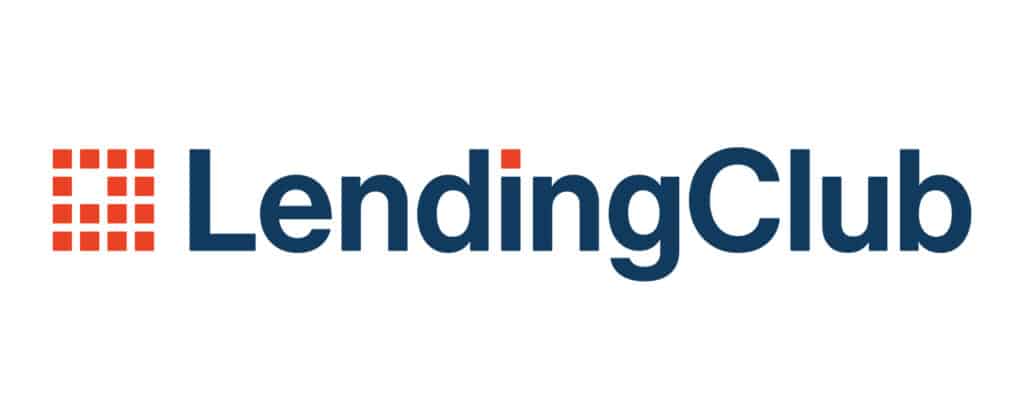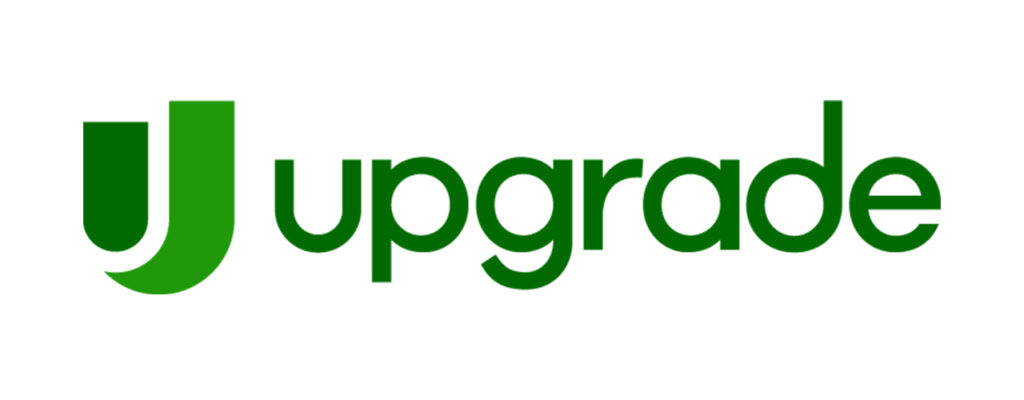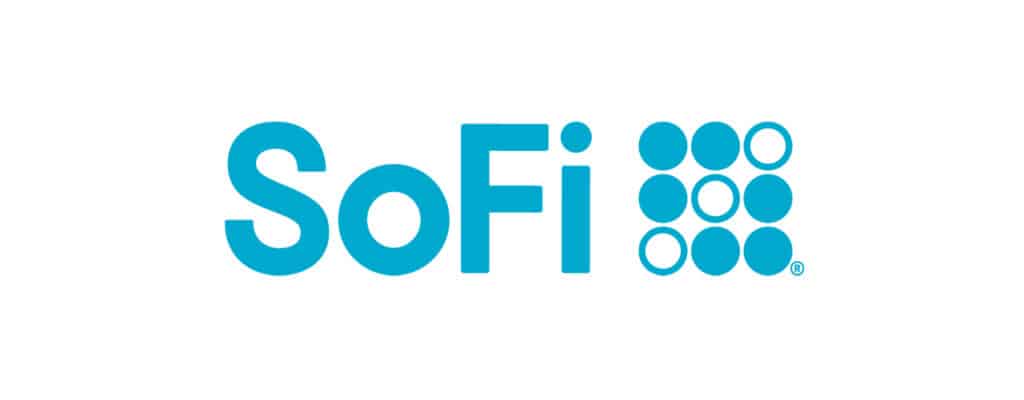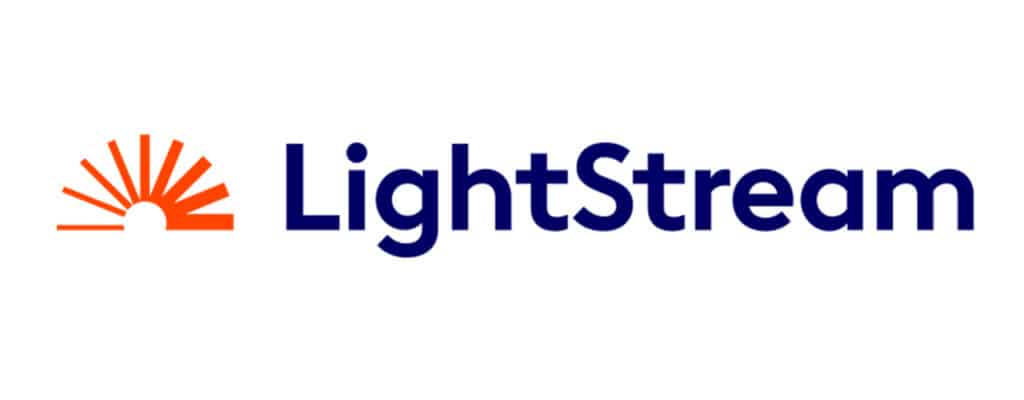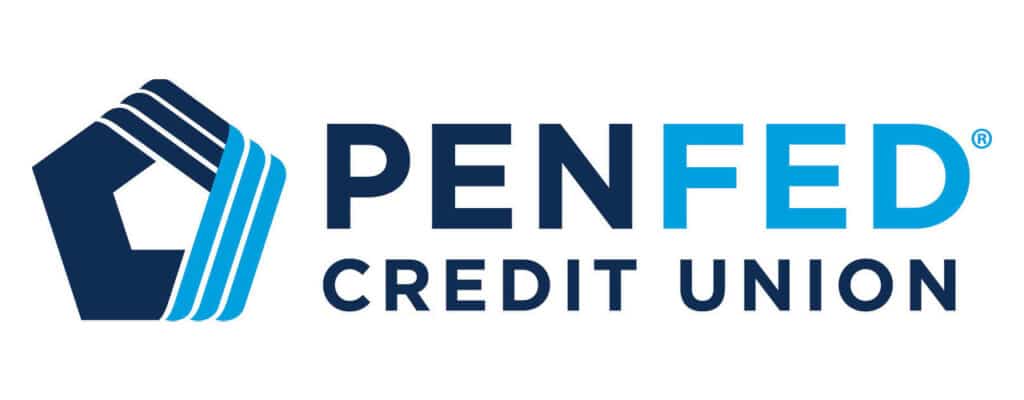Most products on this page are from partners who may compensate us. This may influence which products we write about and where and how they appear on the page. However, opinions expressed here are the author's alone, not those of any bank, credit card issuer, airline or hotel chain. This page may include information about American Express products currently unavailable on Slickdeals. American Express is not a partner of Slickdeals.
Moving can be costly. Depending on the size of your home, number of items and distance of your new home, you could be looking at several hundred dollars—or thousands—in relocation costs. If you don't have the immediate funds to pay for the move, taking out a moving loan is one way to help cover relocation expenses.
But what are the advantages and disadvantages of a moving loan? We'll take you through your options and help you decide whether taking out a loan is a smart financial move for you.
What Is a Moving Loan?
A moving loan is simply a personal loan the borrower takes out to cover any expenses associated with moving. These personal loans are often unsecured loans, which means you aren't required to offer collateral. Borrowers pay a fixed interest rate during the loan term, which are both determined by the lender based on the borrower's credit health and history.
Ways You Can Spend a Moving Loan
A moving loan, or relocation loan, can be used to cover a wide range of expenses associated with relocating. Some common moving expenses include:
- Purchasing or renting moving supplies, such as boxes, dollies or tape
- Hiring a moving company
- Renting a moving truck
- Fuel costs
- Paying for storage
- Hiring cleaners
- Temporary lodging
- Paying security deposits at your new location
- Moving insurance
It's a good idea to plan ahead and calculate all of the costs you expect to incur during your move so you know exactly how much you need to borrow.
Best Moving & Relocation Loans
If you're exploring your options and are considering taking out a personal loan for your move, here are some lenders worth checking out:
- Best for Fast Funding: LendingClub
- Best for Bad Credit: Upgrade
- Best for Large Loans: SoFi
- Best for Competitive Rates: LightStream
- Best for Small Loans: PenFed Credit Union
Loan results will vary based on creditworthiness, loan purpose, loan amount, and other factors.
Best for Fast Funding: LendingClub
LendingClub has an easy online application and can provide funding as soon as 24 hours after the application is approved. If you need to relocate quickly, LendingClub's fast funding makes it a convenient choice.
LendingClub
- Loan Amounts$1,000 – $40,000
- Loan Terms24 – 60 months
- APR Range9.57% – 35.99%
- Minimum
Credit Score600 or aboveA credit score is used to indicate the creditworthiness of an applicant, but it is only one of several factors considered for approval. These credit scores alone are not guarantees for approval and should only be used as guidelines.
Borrowers in the fair credit range who need a small loan can appreciate LendingClub's quick funding and option for direct payments to creditors with debt consolidation loans.
Overview
LendingClub can be a good fit for those looking to consolidate high-interest debt, as they offer the ability to pay your creditors directly from your loan. You can also use LendingClub loans for almost any purpose, from home improvements to medical bills. Eligible borrowers who need some assistance qualifying can apply for a joint loan, and borrowers can expect to receive funding as soon as 24 hours after approval. However, APRs do start at relatively higher rates than some competitors.
Pros
- Low minimum loan amount
- Fast funding for personal loans (receive funds as little as 24 hours after approval)
- Joint loans allowed
- Direct payment to creditors
- Check rates without a hard credit inquiry
Cons
- Has origination fees
- No physical branches
- Lower maximum loan amount than some lenders
Best for Bad Credit: Upgrade
If your credit isn't quite up to par, Upgrade has a lenient minimum credit score requirement and is willing to work with less-than-stellar credit borrowers. Keep in mind that you may face higher rates though if you have poor credit.
Upgrade
- Loan Amounts$1,000 – $50,000
- Loan Terms24 – 84 months
- APR Range8.49% – 35.99%
- Minimum
Credit Score560 or aboveA credit score is used to indicate the creditworthiness of an applicant, but it is only one of several factors considered for approval. These credit scores alone are not guarantees for approval and should only be used as guidelines.
Borrowers with less-than-stellar credit profiles may find Upgrade personal loans accessible, and its quick funding and flexible payment due dates convenient.
Overview
Upgrade offers personal loans that are accessible to those with not-so-ideal credit scores. The low loan minimum of $1,000 also makes it an easy choice for those with small financing needs. However, borrowers in certain states will be subject to higher minimum loan amounts. With this lender, you can expect to pay an origination fee. Borrowers can view their rate before applying without impacting their credit score. Overall, Upgrade is worth considering if you’re looking for a lender that is willing to work with lower credit scores and offers loans with competitive rates and flexible terms.
Pros
- Accessible to borrowers with bad credit
- Flexible loan terms
- Joint applications allowed
- Secured loan options
- Direct payment to creditors
Cons
- Has origination fees
- No physical branches
- Higher APRs than some competitors
Best for Large Loans: SoFi
SoFi has a loan maximum of up to $100,000, which makes it a good choice for those looking for large loans to finance an expensive, long-distance move. However, only those with strong credit profiles are likely to qualify for the highest amount.
SoFi Personal Loans
- Loan Amounts$5,000 – $100,000
- Loan Terms24 – 84 months
- APR Range8.99% – 24.18%
- Minimum
Credit Score680 or aboveA credit score is used to indicate the creditworthiness of an applicant, but it is only one of several factors considered for approval. These credit scores alone are not guarantees for approval and should only be used as guidelines.
SoFi's personal loan offering comes with no fees required and a high loan maximum that may be a good fit for those seeking large loans.
Overview
SoFi offers a competitive personal loan product that boasts no origination fees, no late fees, and a high maximum loan amount of $100,000. SoFi is one of only a handful of lenders offering loans as large as $100,000. If you need a substantial loan to cover a considerable expense, like a home renovation, SoFi’s high maximum can be a strong option. One standout feature of SoFi is that it offers unemployment protection, which might allow you to pause payments if you lose your job. Same-day funding is also available for qualified borrowers
Pros
- No origination fees, no prepayment penalties and no late fees
- Loans up to $100,000
- Unemployment protection available
- Autopay rate discounts
- Co-borrower allowed
- Same-day funding available
Cons
- No physical branches
- High minimum loan amount
- Good credit likely required
Best for Competitive Rates: LightStream
LightStream has one of the lowest minimum APRs among lenders, but the lowest rates are reserved for those with high credit scores. Still, its no origination fee and no late fee personal loans can help borrowers cut down on borrowing costs.
LightStream
- Loan Amounts$5,000 – $100,000
- Loan Terms24 – 144 months
- APR Range7.99% – 25.49% (with autopay)
- Minimum
Credit Score660 or aboveA credit score is used to indicate the creditworthiness of an applicant, but it is only one of several factors considered for approval. These credit scores alone are not guarantees for approval and should only be used as guidelines.
LightStream is a solid online lender offering no fees, high loan maximums and low-rate personal loans for several purposes.
Overview
LightStream offers personal loans for several purposes, including debt consolidation, medical expenses, home improvement, weddings, car purchases and more, making this worth considering for those seeking flexibility. The lender offers relatively low rates compared to competitors, including autopay discounts. Its personal loans also have no origination fees or late fees, which can help keep borrowing costs low. However, borrowers will likely need to have good-to-excellent credit in order to be approved for a LightStream personal loan. Overall, it’s a good lender to add to your shortlist if you’re looking for flexible funding, no fees and a low APR. Lightstream may also disburse loans as soon as the same day you’re approved, making this lender a worthy choice if you need fast funding.
Pros
- Low minimum APR
- No origination fees, no late fees
- High loan maximum of $100,000
- Autopay discount
- Joint applications allowed
Cons
- Rates and terms vary by loan purpose
- No soft pull prequalification
- Must have good-to-excellent credit
- No physical branches
Best for Small Loans: PenFed Credit Union
Many lenders have a loan minimum of over $1,000, but borrowers can take out as little as $600 with PenFed. If you're looking for a small amount of cash to supplement your move, PenFed is worth looking into.
PenFed Credit Union
- Loan Amounts$600 – $50,000
- Loan Terms12 – 60 months
- APR Range7.74% – 17.99%
- Minimum
Credit Score700 or aboveA credit score is used to indicate the creditworthiness of an applicant, but it is only one of several factors considered for approval. These credit scores alone are not guarantees for approval and should only be used as guidelines.
PenFed offers no fees and small personal loans as low as $600.
Overview
While you will need to become a PenFed member if you decide to get a personal loan there, anyone can apply for membership and the process is quick and simple. Many lenders have relatively high minimum loan amounts, but PenFed offers loans as small as $600, with no origination fees and competitive APRs. If you’d like to view personal loan rates with PenFed, you can do so without impacting your credit score.
Pros
- Pre-qualification is available
- No origination fee, hidden fees or prepayment penalties
- Borrow as little as $600
- Allows co-borrower
- Funding as early as 1-2 business days after approval
Cons
- Must be a member to receive the loan
- No option for direct payment to creditors for debt consolidation
Pros and Cons of Getting a Loan for Moving Expenses
A personal loan can be a good option if you don’t have the cash to cover the move up front. But consider the advantages and disadvantages first before making the decision.
Pros
- Quick funding
- Rates typically lower than credit cards
- Fixed monthly payments
- Makes it possible to afford moving
Cons
- Higher rates for bad credit
- Can contribute to more debt
- Can hurt credit if you miss payments
Pros
- Quick funding: Some personal loans for moving can be approved quickly, perhaps within a day or so, meaning that you can receive funds rapidly. This is especially advantageous if there is a time constraint on your relocation.
- Rates typically lower than credit cards: In general, personal loans have lower rates than other financing sources like credit cards. You can get prequalified to see your rates with various lenders and compare them to the interest you would pay using a card.
- Fixed monthly payments: Most personal loans come with fixed interest rates, so monthly payments are easy to budget for.
- Makes it possible to afford moving: If you have no other source of funds, taking out a personal loan can make your move possible.
Cons
- Higher rates if you have bad credit: Borrowers with bad credit may only qualify for the highest rates offered by a lender. Depending on the lender and how low your credit score is, this can result in interest rates over 30%.
- Can contribute to more debt: If you already have other forms of debt, a personal loan can add to your debt burden and make it harder to pay off your other debt obligations.
- Can hurt credit if you miss payments: Missing payments can lead to negative marks on your credit report, and consequently lower your score. A loan is only beneficial if you can afford to keep up with the payments.
How to Choose a Moving Loan
As you shop around for a moving loan, here are some key factors to consider when choosing a lender:
- Your credit score: Lenders determine interest rates and terms based on your credit score and history. Borrowers with good credit scores stand a better chance at qualifying for lower rates. Check your credit score to know where you stand and what loans you'll likely qualify for.
- Funding time: Some lenders can disburse funds quickly as one or two business days, while others may take as much as a week to get funds into your account. If you're on a time crunch, look for lenders who can do same- or next-day funding.
- Rate discounts: If you qualify for special rates as a veteran or military member, or if a lender offers discounts for enrolling in autopay, this can help bring your borrowing costs down. Factor in your discounts when comparing rates.
- Lender reputation: Pay attention to a lender's reputation and reviews. Do plenty of research to ensure each lender you're considering is legitimate, and find out how accessible their customer service is in case something goes wrong.
- Rates and terms: Shop around to see what rates and terms you qualify for with various lenders, and what your estimated monthly payments will look like. Many lenders allow you to prequalify for a personal loan, which means you can see your rate without it affecting your credit score.
- Lender fees: Personal loans can come with a variety of fees, including origination fees, late fees and prepayment penalties. These can add to your borrowing costs, so factor them in when you're comparing lending products. There are a number of lenders that offer no-fee personal loans, which can help you cut down on the overall cost of your loan.
 Related Article
Related Article
How to Prequalify for a Personal Loan, and Why It Can Be a Good Idea
Tips on Improving Your Chances of Qualifying for a Loan
There's nothing more disappointing than applying for a loan you really need, then finding out your loan application has been rejected. But you can take steps to minimize a denial. Here are some tips to improve your chances of getting approved for a personal loan:
- Check and improve your credit score: If your credit isn't stellar, work on boosting your credit score first. You not only improve your chances of getting approved, but you may also get a lower rate.
- Prequalify with various lenders: Many lenders offer the option of prequalifying, which lets you see your rates, terms and how much you can borrow. Prequalifying with multiple lenders is a great way to compare loan offers and see which lenders are likely to approve you for a loan.
- Know how much to borrow: Take the time to plan out your projected moving expenses and how much you'll need to borrow. You want to make sure you have enough to finance your move, but you don't want to ask for more than you need or qualify for.
- Have your documents ready: Being organized can help speed up the approval process. Lenders will likely want you to provide proof of identification, your Social Security number, pay stubs and W-2s. If you can't verify crucial information such as income, employment or other lender requests, your loan might not be approved.
Quick Tip
Use a loan calculator to enter the amount you want to borrow along with your potential interest rate and term length to see how much you could owe monthly.
Alternatives to a Moving Loan
A moving loan may not be the right fit for everyone, as it can be expensive and difficult to obtain if your credit needs work. There are other financing options out there that may still work.
0% Intro APR Credit Cards
A credit card with a 0% intro APR promotion could be a more attractive option than a personal loan. You pay no interest on purchases during the promotional period, which is almost like an interest-free loan. Just make sure you pay off the balance before the promotional time frame ends, or you could be facing ultra-high interest rates.
Relocation Packages
If your move is due to employment, inquire whether your company offers a relocation package. Some employers may reimburse your move or offer a partial amount to subsidize your move.
Savings Account
If you have the time, setting up a high-yield savings account is a great way to save up for moving expenses. You can estimate your costs and then figure out how much you need to deposit each month before moving day to cover expenses. Even easier, you can set up autopay to have a specific amount transferred from your checking account to your savings account each month, and then you'll be ready to go on the big day.
Moving Sale
A moving sale is also a great way to get rid of items you don't need and earn some extra cash to pay for the move. Moving fewer items will also cost less.
Support System
Don't forget your network of family and friends. You might garner enough support for your move to significantly lower or eliminate moving costs if you have generous relatives or friends with a few bucks to spare toward your expenses. Or you could spring for food and drinks and recruit your friends to help you pack and move boxes to your new place. The cost of a pizza and gas is likely to be less than paying a professional mover.
 Related Article
Related Article
Best Small Personal Loans November 2025
Is a Moving Loan Right for You?
Moving loans may be good fit for those who can afford the monthly payments and have strong enough credit scores to qualify for a low interest rate. Otherwise, you'll face high rates if your credit score is poor.
If you need funds quickly and have no other options, take a look at ways to reduce your overall moving expenses. Consider shopping around for a cheaper moving company or offloading your belongings in a moving sale so you have less items to transport. You may find your move more affordable than you initially thought by trimming costs.
FAQs
-
Yes, lending institutions do offer personal loans that can be used to cover moving and relocation expenses. Check with your lender first to verify your expenses are eligible under their loans.
-
Yes, some lenders consider applications from borrowers with lower credit scores. It may come at the cost of higher interest rates and shorter repayment terms, so make sure to shop around first.
-
Personal loans generally have lower interest rates than credit cards. But if you qualify for a 0% intro APR card, you can finance your move without paying interest, as long as you can repay the balance before the promotional time frame ends.



